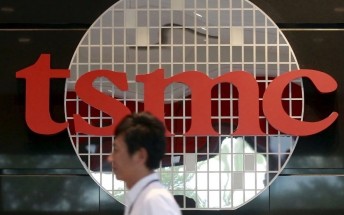TSMC Chips End Up in Huawei’s Hands

In a surprising turn of events, it has been revealed that Taiwanese chipset giant TSMC’s chips have made their way into the hands of Huawei, the Chinese tech company that has been under US sanctions since 2020. According to an insider source speaking to Bloomberg, a third-party client provided these chipsets to Huawei, which then equipped its AI servers with the processors.
This discovery comes just days after reports surfaced of an investigation by the US Bureau of Industry and Security into potential violations of US export controls. The situation is sensitive, and details are scarce, but it underscores the complex nature of the global chipset supply chain and the challenges of enforcing sanctions.
TSMC and Huawei Respond
TSMC, for its part, has issued a statement asserting its commitment to compliance with all rules and regulations, including export controls. The company positions itself as a law-abiding entity, suggesting that the chips may have reached Huawei through unintended means. Meanwhile, Huawei has denied obtaining any TSMC chips since the US blacklist in 2020, indicating a potential gap in knowledge about the chipset’s journey through the supply chain.
The identity of the third-party client remains unknown, adding to the mystery. It is unclear whether this client acted directly on Huawei’s behalf or if the chipsets changed hands multiple times before reaching the Chinese company. The report confirms, however, that TSMC chips are indeed powering Huawei’s AI servers, which are integral to the development of its artificial intelligence models.
Huawei’s Chipset Alternatives
Currently, Huawei relies on 7nm chips manufactured by SMIC, another Chinese company. However, the ability of SMIC to produce these chips at scale has been questioned by US officials, highlighting the ongoing tensions in the industry. Interestingly, Huawei did manage to stockpile some TSMC-made chipsets, such as the Kirin 910, back in 2019, and modifications of these chips have appeared in products even years later.
This incident raises important questions about the security of the chipset supply chain and the potential for unintended or illegal uses of these critical components. As the situation unfolds, we may see further investigations and tighter controls imposed to prevent similar incidents from occurring in the future.
Be sure to share this article with anyone interested in the latest tech and security news. For more insights, don’t forget to check out our related posts: Realme GT 7 Pro: Unveiling the Stunning Samsung Eco² OLED Display and More!, New Apple iPad Mini (2024) with Global AI Features: Price, Specs, and More!, and OnePlus 13: Official Unboxing and First Look.



